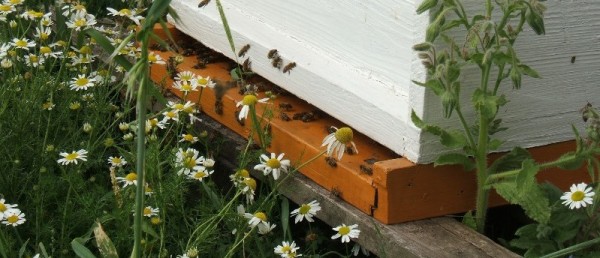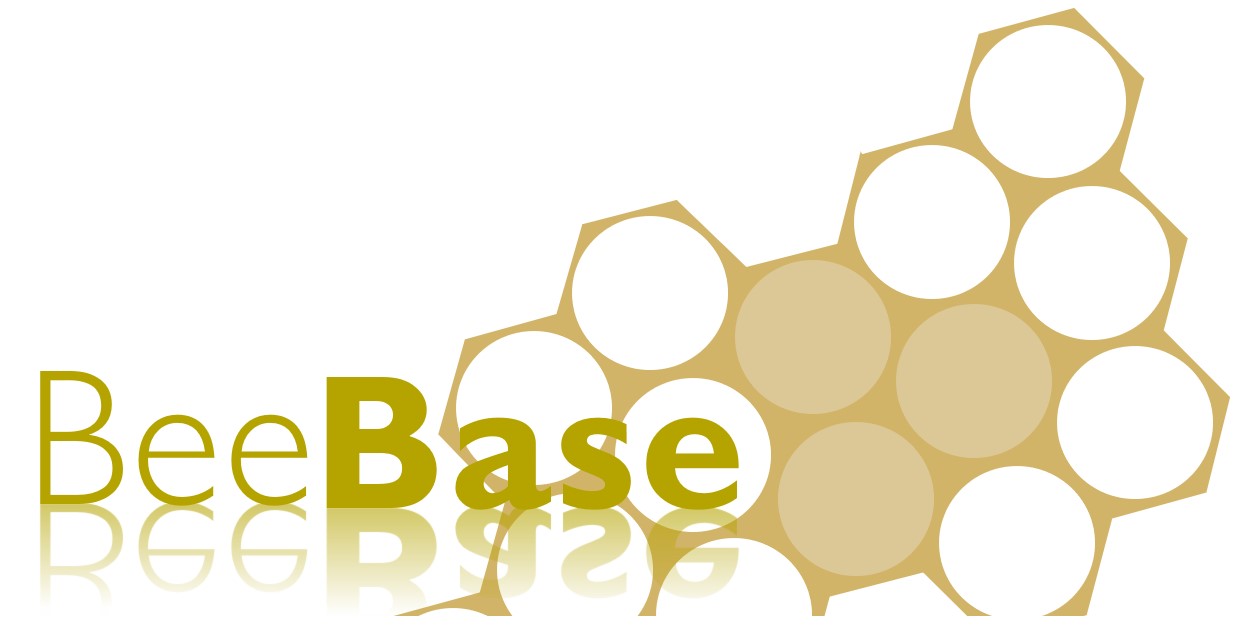The National Bee Unit (NBU) delivers the Bee Health Programmes on behalf of Department for Environment Food and Rural Affairs (Defra) and Welsh Government (WG) in England & Wales. The NBU has been involved in the management and control of bee pests and diseases, along with training and dissemination of information to beekeepers for over 60 years. The current team of 80 people comprises laboratory diagnostics, programme support, research personnel and 60 home-based Bee Inspectors who are managed by the National Bee Inspector (NBI); the head of field inspection services.
The NBU is a recognised centre of excellence in the provision of advice and research in bee health and uses as a base, the Office International des Epizooties (OIE) Manuals of Standard diagnostic tests for laboratory diagnosis. The NBU also draws on the vast and diverse scientific expertise across Fera Science Limited and more widely with collaborating Universities and Institutes, both at home and abroad, to achieve the delivery of the Bee Health work, for example:
- Molecular biology;
- IT and Geographic Information Systems (GIS) for the development of BeeBase;
- Entomology;
- Ecology;
- Genetics;
- Statistics and modelling;
- National and international surveillance;
- Climate change and land use;
- Pest Risk Analysis and economics;
- Non-native invasive species; and
- Social sciences.
We provide an apiary inspection programme, diagnostic, consultancy and research services and extensive training and advice to Defra, Welsh Government, The Scottish Government, commercial enterprises and beekeepers. These services contribute to the NBU’s role of protecting the honey bee, an important pollinator of crops and wild plants, from threats such as serious pests, diseases and environmental damage. We deliver specialised training events that cover many aspects of beekeeping, from Integrated Pest Management (IPM) techniques to disease recognition and control which all encompass an ethos of promoting good husbandry. For more information about the NBU's remit please read the Healthy Bees Plan. We also provide support for the Scottish Government and their Inspectors and in June 2010, the information for the Scottish inspections programme was also incorporated into our award-winning database.
In addition, there is a rolling and comprehensive research programme integrated into the NBU which covers varroacide development, EU-wide colony loss surveillance and the economics and biology of pollination, we are a partner in the Insect Pollinators Initiative (IPI) and we carry out leading research into systems that model the epidemiology of disease which will enable improved management of honey bee colonies in the future. In addition, our lab staff are also able to use advanced molecular techniques to identify specific bacterial strain types, which will add to our understanding of the spread of serious brood diseases. All of our projects are supported by the 150 managed honey bee colonies and trained apiary staff who work all year round to ensure the NBU has healthy and large stocks of bees each season.
In October 2014, the NBU was divided into two; all staff involved in Laboratory and Research work stayed with the newly formed commercial enterprise, Fera Science Limited, while the second half moved over to the Government-owned Animal and Plant Health Agency (APHA). APHA merges the former Animal Health and Veterinary Laboratories Agency (AHVLA) with the Bee Inspectorate, Technical and Programme Support staff of the NBU, the Plant Health and Seeds Inspectorate (PHSI), the Plant Variety and Seeds Group (PSV) and the Genetically Modified Organisms (GM) Inspectorate. APHA’s mission is to ‘safeguard animal and plant health for the benefit of people, the environment and the economy’ and its responsibilities are as follows:
- To identify and control current and new endemic and exotic diseases and pests in animals, plants and bees;
- Scientific research in areas such as bacterial, viral, prion and parasitic diseases and vaccines and food safety;
- To ensure high standards of welfare in farmed animals;
- To facilitate trade in animals and in products of animal origin;
- To protect endangered wildlife through licensing and registration;
- To manage a programme of apiary (bee) inspections, diagnostics, research and development, training and advice;
- To regulate the safe disposal of animal by-products to reduce the risk of potentially dangerous substances entering the food chain.
Animal, Plant Health and Bee Inspectors have a strong history of working together in times of disease emergency and this will be made easier when they are part of the same organisation. The Agency continues to work collaboratively with the NBU in order to help it deliver it's objectives under the Healthy Bees Plan.

Confidentiality and Data Handling
Our obligations to protect the privacy of individuals (e.g. under GDPR) prevent us from directly publicising the location of apiaries with Foulbrood in a way that might identify the beekeepers concerned. However, we strongly encourage all beekeepers whose bees are affected by disease to tell other local beekeepers about the problem. For information on how we handle personal data collected through these pages and during inspections please see the Animal and Plant Health Agency's Personal Information Charter.
The National Bee Unit (NBU) has observed confidentiality since the inception of Bee Disease Control Legislation at the request of and with the agreement of the interested parties.
